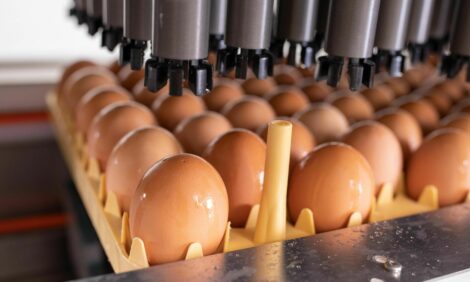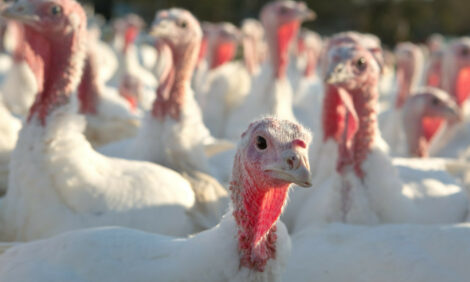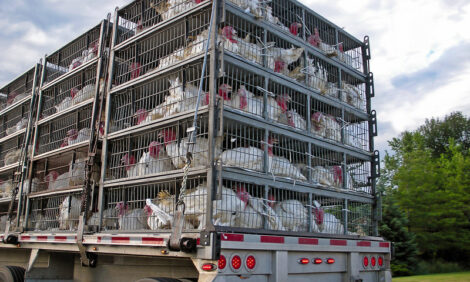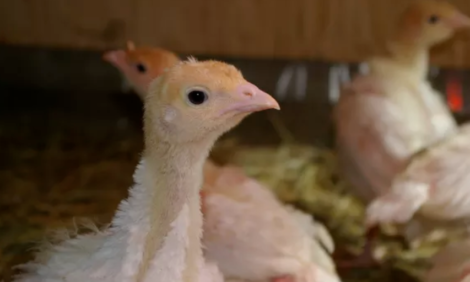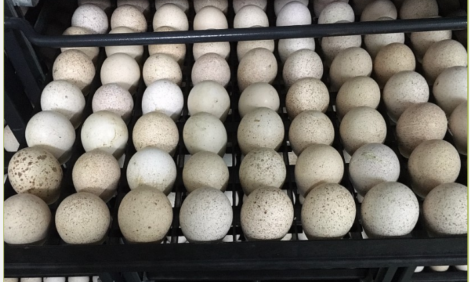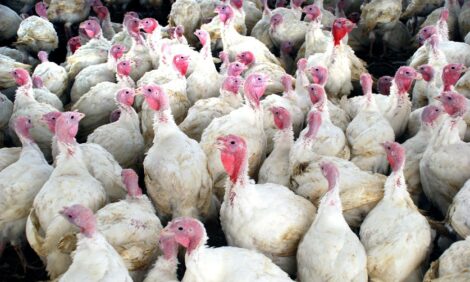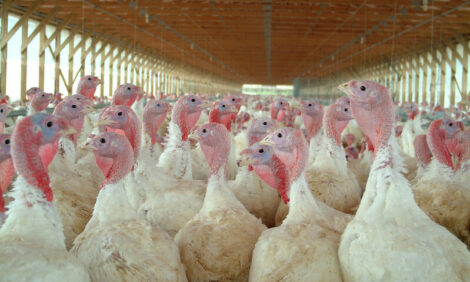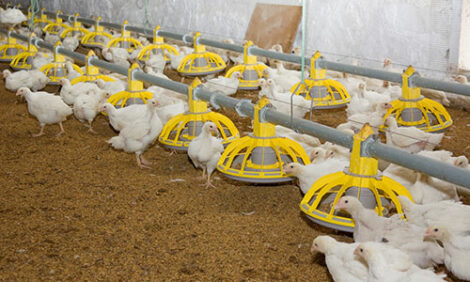



US Poultry Industry Manual - Broilers: Providing animal care
Feed, water, light, temperature, ventilationPart of Series:
< Previous Article in Series Next Article in Series >
Editor's Note: The following content is an excerpt from Poultry Industry Manual: The Foreign Animal Disease Preparedness and Response Plan (FAD PReP)/National Animal Health Emergency Management System (NAHEMS) Guidelines which is designed to provide a framework for dealing with an animal health emergency in the United States. Additional content from the manual will be provided as an article series.
Feed
In the event of a foreign animal disease (FAD), provisions for feeding unaffected flocks in the quarantine zone must be provided. If all of a broiler company’s farms and the company feed mill are within the same quarantine zone, then the only consideration for feed delivery trucks is to avoid routes that take them by affected farms. Feed will not be delivered to an Infected Premises because flocks on those farms will be depopulated. Feed already present on an Infected Premises will be destroyed on the farm.
When only some broiler company farms receiving feed from the company feed mill are within the same quarantine zone, some company feed delivery trucks will be dedicated to deliver feed to farms within the quarantine zone and other company feed delivery trucks will be dedicated to deliver feed to farms outside the quarantine zone. Within the Control Area, trucks should deliver feed to a single premises instead of delivering feed to several farms. Routes and farm deliveries need to be recorded in the event that additional flocks develop the FAD. Before feed delivery trucks leave a farm, they must be carefully cleaned and disinfected, especially if they are leaving the quarantine zone and returning to the feed mill.
Water
Water is provided from municipal or on-farm sources. No special provisions for delivering water are needed.
Light
No special provisions for lighting are needed. Dimming lights prior to mass euthanasia may help calm the chickens.
Temperature
No special provisions are needed beyond those for normal production as described above.
Ventilation
No changes from normal ventilation are indicated. Ventilation can be shut down just prior to mass euthanasia of an affected flock, but should not cause extreme discomfort or result in death of the birds. There is no data to indicate that exotic Newcastle disease (END) or highly pathogenic avian influenza viruses (HPAI) survive very long in the environment, and airborne transmission is unlikely.
Reference: "USDA APHIS | FAD Prep Industry Manuals". Aphis.Usda.Gov. 2013. https://www.aphis.usda.gov/aph...
The manual was produced by the Center for Food Security and Public Health, Iowa State University of Science and Technology, College of Veterinary Medicine, in collaboration with the USDA Animal and Plant Health Inspection Service through a cooperative agreement.







